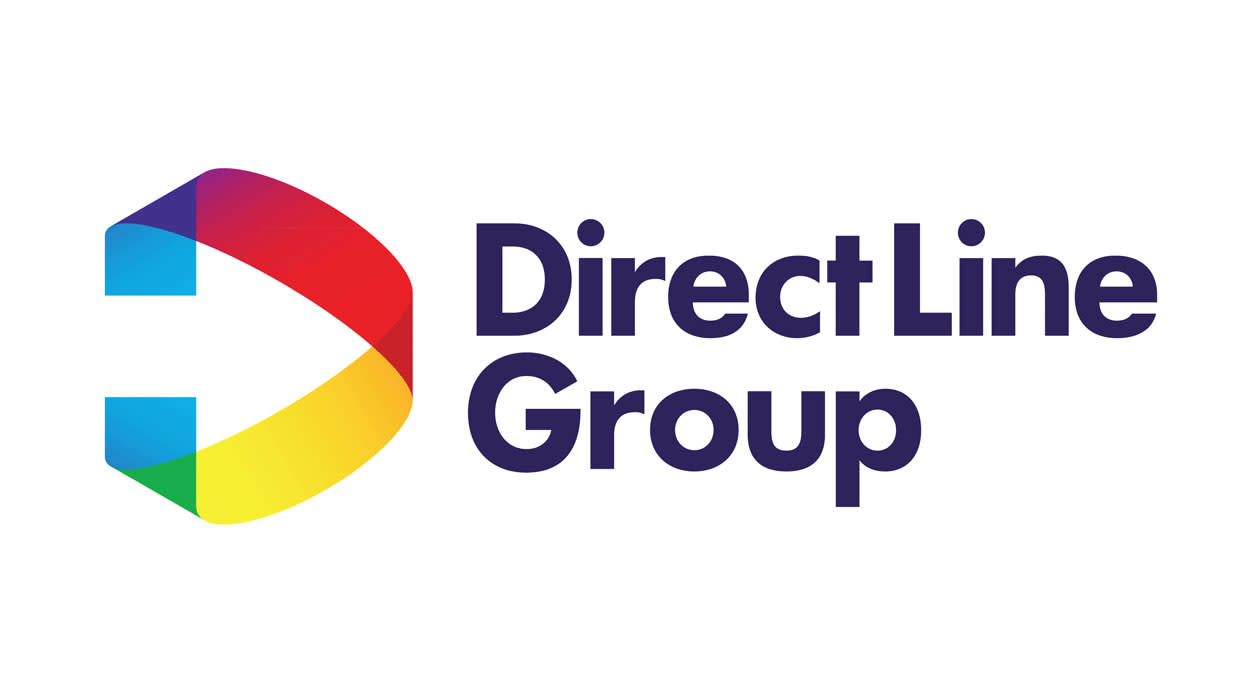Direct Line has rejected a proposed offer from Ageas to buy the business. The proposal included a cash element, as well as shares in Ageas, and implied a value of 237p per share for Direct Line.
This is the second proposal received in recent weeks and represented around a 3% improvement on the first. The board deemed the offer unattractive and felt it didn’t reflect the value of future prospects.
Ageas has until 5 PM on 27 March to either make a firm offer or walk away.
The shares fell 5.6% in early trading.
Our view
Direct Line’s story has been dominated by takeover talk in recent weeks. Two proposed offers from Ageas have now been rejected, with the Board feeling the offers significantly undervalue Direct Line’s future prospects.
Markets didn’t react too well to the rejection, but it’s worth noting there was a significant valuation jump a few weeks ago when talks first became public. This small reversal doesn’t change the fact its current valuation reflects hopes of a takeover. And there’s no guarantee that happens.
With full-year results around the corner, we’re expecting to see price hikes dominating the narrative. Last we heard, Direct Line was pushing through a 37% increase in the cost of average motor insurance. But it's been a necessary evil.
It's been tough recently; claims numbers have been running high, while cost inflation means underwriting profitability has been under serious pressure. Add headlines and charges around overcharging customers, and here lies a business that needs to grapple back some momentum.
Recent results have provided just that, and mark a pivot point as the cycle looks like it might finally be turning. Motor's been the division under the cosh and makes around 45% of active policies. That's enough to mean unprofitable contracts written over the past 12-18 months have weighed on recent performance.
But aggressive price hikes look to have finally caught up with inflated costs. Last we heard, new policies were being written at levels in line with a net insurance margin of around 10% - back in the land of profit. But Direct Line was slower to raise prices than the wider market which means it’ll take longer to feel the benefits than peers.
Aside from Motor, performance across other business lines has been pretty good. Home insurance is a big part of the operation and remains profitable despite an uptick in claims inflation. Price hikes are again being called on, leading to a drop in customers - not just in Home but in Motor too. That's part of the strategy though, margins are being prioritised over volumes in the current climate and is something we can get behind.
At the back end of last year Direct Line announced the intention to sell its brokered commercial insurance business, NIG. It's been a strong performer, so the logic behind the sale is strategic rather than forced. One key advantage will be rebuilding the capital buffer, which was a little low and a key requirement to the board reinstating a dividend.
There’s still a long way to go if Direct Line wants to return a stable dividend and restore investor confidence. In the meantime, the valuation is being supported by deal speculation, always a risky spot to be in.
Direct Line key facts
All ratios are sourced from Refinitiv, based on previous day’s closing values. Please remember yields are variable and not a reliable indicator of future income. Keep in mind key figures shouldn’t be looked at on their own – it’s important to understand the big picture.
This article is not advice or a recommendation to buy, sell or hold any investment.No view is given on the present or future value or price of any investment, and investors should form their own view on any proposed investment.This article has not been prepared in accordance with legal requirements designed to promote the independence of investment research and is considered a marketing communication.Non - independent research is not subject to FCA rules prohibiting dealing ahead of research, however HL has put controls in place(including dealing restrictions, physical and information barriers) to manage potential conflicts of interest presented by such dealing.Please see our full non - independent research disclosure for more information.


